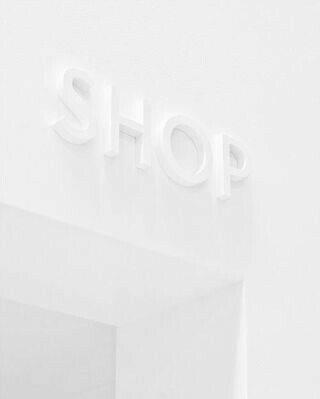We live in societies of once undreamt of affluence and possibility. What happens in this kind of environment? We’ve all read Maslow: when basic needs and materials desires are met, people turn to the ultimate goal – self-actualization.
That is, the endless search to become the people we dream of being. For many, health and wellness are at the heart of that search. Not the “I need a new asthma inhaler” kind of health, but the quest for physical and mental peak performance, and emotional wellbeing. Trouble is, acquiring those virtues is for most people a journey full of good intentions and little action. Getting better is hard.
These truths provide the background to a larger truth about consumerism in 2016. These days, whatever you’re selling, you’d be better be selling self-actualization. The signs that smart brands already understand this are everywhere. One of the most notable is the trend for ambient wellness: innovative new technologies embedded into the environment that offer a (typically effortless) health or wellness boost.
In January, for example, Starbucks transformed a number of branches in the Netherlands by installing special Phillips lamps that emit an energy-boosting, revitalizing light. How many stressed metropolitan workers can resist the lure of an energy boost along with their soy chai-latte? Kit-Kat pushed the trend a step further when, in October 2015, it installed special billboards around the city of Bogota featuring tiny, vibrating motors. Passers-by simply had to lean against the billboard to receive a back massage. Meanwhile, last year Chinese dairy brand Yili replaced the strap on Beijing buses with strap-sensors that, when gripped, measured heart rate, BMI and balance. If passengers downloaded a companion app before riding the bus, the data would sync to their smartphone.
Ambient wellness innovations are also allowing brands to create innovative pathways to traditional health services. In November 2015, Japan’s Matsumoto Apple Association unveiled the Dentapple: an apple featuring a QR code sticker that gives access to a mobile app. Users are invited to take four bites of the apple, and upload pictures of those bites to the app. They can then receive a free virtual consultation with a dentist within 24 hours, based on data gathered from their bite marks. Forget calling the reception desk: soon it could be, “Please bite here for an appointment.”
There’s more than an element of the playful about these examples. But they tap into deep-seated expectations around the role that brands should play in making real our dream of a perfect self. Self-actualization is the only future of consumer culture. That’s why $300 yoga pants are a thing now. It’s why Tesla is the world’s most fashionable car. It’s why Apple made a wearable.
Whatever you sell. You’d better be selling self-actualization. Increasingly, brands that fail to understand that powerful truth will find themselves sailing into oblivion.
-David Mattin




